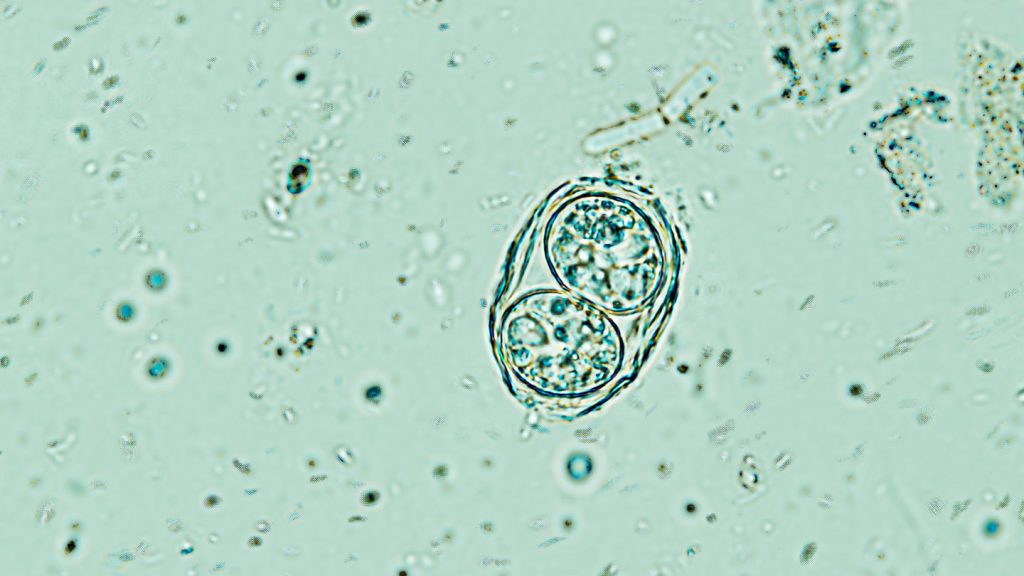Researchers have successfully engineered Toxoplasma gondii, a mind-bending parasite, to deliver therapeutic proteins to the brains of mice and human brain cells in lab experiments. This approach could potentially help treat various neurological conditions that standard methods struggle to address due to the size of the proteins involved. While the concept of utilizing a parasite for drug delivery seems far-fetched, some scientists find the idea intriguing and groundbreaking. The parasite, infamous for its effects on mice behavior and its potential to cause foodborne illnesses in humans, is being explored as a potential ally in treating neurological diseases.
The major challenge facing researchers is crossing the blood-brain barrier to deliver therapies effectively and safely to the brain. Traditional delivery methods often encounter obstacles in penetrating this protective shield, leading to unpredictable results. The engineered T. gondii presents a promising solution due to the parasite’s ability to enter the brain and infect brain cells, delivering therapeutic proteins without causing harm. This novel approach could revolutionize the treatment of degenerative and developmental genetic diseases that affect the nervous system.
The idea of repurposing T. gondii as a therapeutic tool initially seemed implausible but has gained traction as researchers delved deeper into the parasite’s capabilities. By leveraging the parasite’s evolutionary adaptations to enter the brain and deliver proteins, scientists are exploring the potential of T. gondii as a valuable drug delivery system. However, concerns about the safety of using a parasitic organism for medical purposes remain, as T. gondii can pose risks to individuals, especially those with weakened immune systems or pregnant individuals.
Engineering T. gondii to act as a delivery vehicle for therapeutic proteins involves modifying the parasite’s organelles to target brain cells effectively. While initial experiments show promising results in delivering proteins to different types of nerve cells, challenges remain in optimizing the process to avoid causing harm to the host. Despite the potential benefits of utilizing T. gondii in drug delivery, researchers must tread carefully to ensure the safety and efficacy of this approach before considering its application in medical treatments.
While the experiments with engineered T. gondii parasites have shown some success in delivering proteins to the brain, significant hurdles remain before this approach can be considered safe for human use. Researchers endeavor to address potential risks associated with using a brain parasite as a therapeutic tool, aiming to optimize the delivery system while mitigating harmful effects on the host. The formation of a company dedicated to developing T. gondii as a protein delivery system signifies the potential of this innovative approach in revolutionizing neurological treatments. However, further research and refinement are necessary before the benefits of using a brain parasite for drug delivery can outweigh the associated risks.


